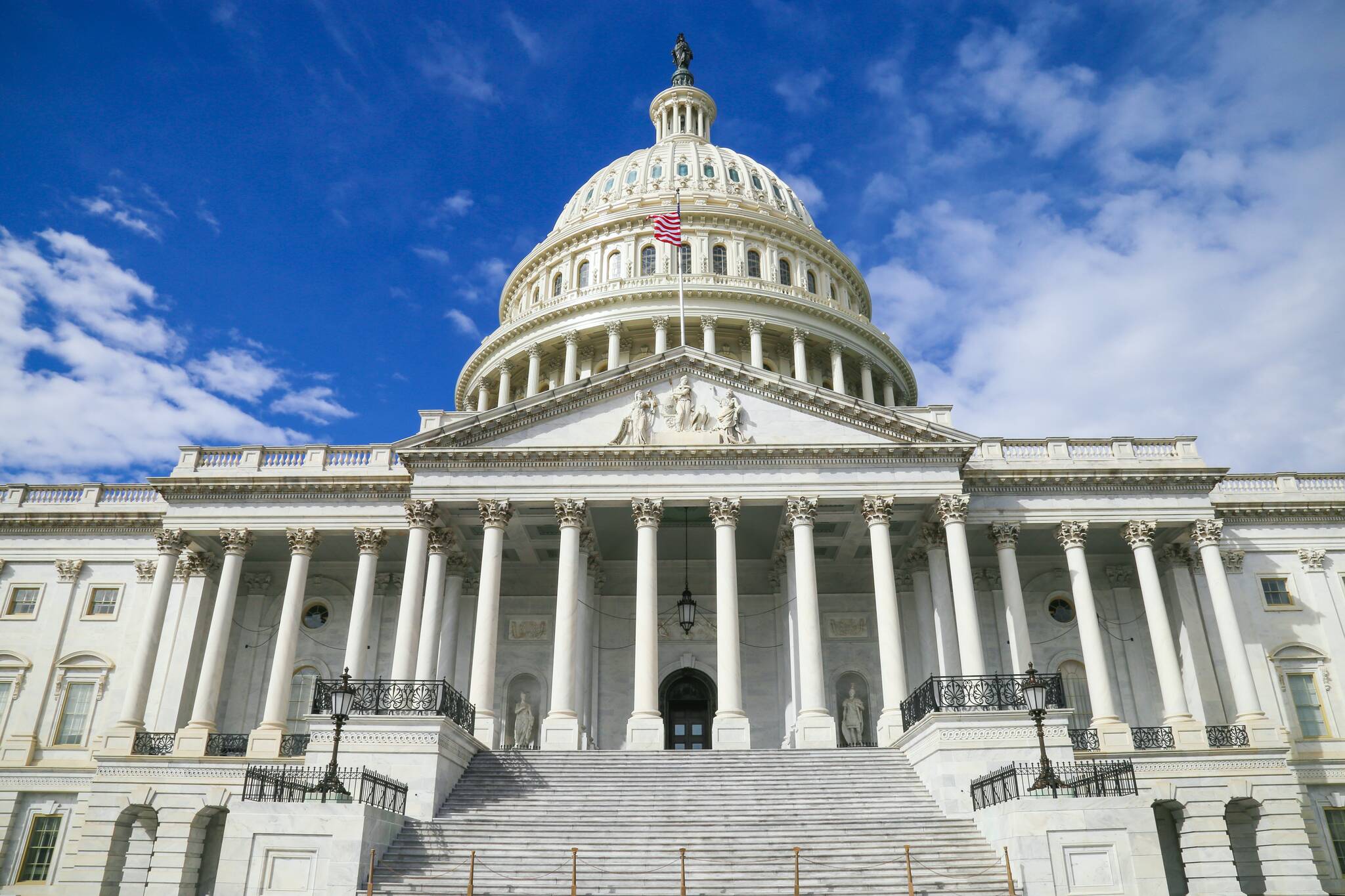Alaskan mothers have collectively accomplished quite a feat — 93% breastfeed their newborns at birth. And although there’s no shortage of images of glowing mothers nursing their tiny babies, in reality, breastfeeding is hard work. So hats off to the mothers, medical care providers, and community supporters that have played a role in Alaska’s ranking fourth in the country for breastfeeding initiation. Clearly, breastfeeding matters to Alaskan families.
Like other states, though, the number of exclusively breastfeeding moms drops drastically by six months. In Alaska only 30% of babies are breastfed exclusively at 6 months. Have these mothers lost interest? The answer is a resounding no. Most mothers begin breastfeeding with the intention of continuing for the first 6 or 12 months of their children’s lives, typically based on the advice of their care providers. (All relevant American medical organizations recommend exclusive breastfeeding for the first 6 months due to the health benefits for both babies and moms. Risks of not breastfeeding for the mother include increase in breast cancer, increase in heart disease and increased risk of postpartum depression for mothers, and increase in childhood illnesses, obesity, diabetes, heart disease and death in the infant.)
So why are so many families not able to continue providing breastfeeding in the first place? One of the most significant — if not the most significant — obstacles to continued breastfeeding is returning to the workplace.
Because the body produces milk around the clock on a demand and supply basis, nursing mothers who are away from their children need to express milk – typically using an electric breast pump – on approximately the same schedule as their baby nurses. If they aren’t given reasonable breaks and private space to express milk during the workday, they can face painful infections or other serious health consequences such as mastitis and engorgement. Many who do not receive these basic supports lose their ability to breastfeed at all. This leads to an increased risk of illness in both mother and baby resulting in lost work time and extra medical expenses.
Fortunately, employers have been required since 2010 to offer most breastfeeding workers reasonable breaks and private space to pump milk at work. This legal right gives families the freedom to decide the best way to feed their children. However, due to an unintentional drafting error when the 2010 law was written, nearly one out of every four Alaskan women is left out of the law’s protections. Teachers, registered nurses, and other hard-working moms have no clear-cut right to pump milk at work. And while most employers support breastfeeding because it is good for employees and good for business, we have seen firsthand that there are still too many women being forced to choose between breastfeeding and their jobs. I recently consulted on a case of a healthcare worker who had repeated bouts of mastitis because she was denied the right to pump in a timely manner at her work. She developed sepsis and had to wean her baby. Thankfully, Alaska’s own U.S. Senator Lisa Murkowski has been championing bipartisan legislation over the last few years – the PUMP for Nursing Mothers Act – that would fix this exclusion for Alaskan moms. I and the Alaska Breastfeeding Coalition express heartfelt thanks to Senator Murkowski for prioritizing the working mothers across our state who are balancing feeding their babies with the demands of their jobs.
Due to the hard work of Sen. Lisa Murkowski and her staff, the PUMP for Nursing Mothers Act has never been closer to becoming law than it is at this moment. The bill has already passed out of the U.S. House of Representatives in October 2021 with significant bipartisan support and has the unanimous stamp of approval from the U.S. Senate Committee on Health, Education, Labor, and Pensions, as well as support from the White House. The U.S. Chamber of Commerce has come out in favor. Right now though, quite shamefully, the bill is being held hostage by railway and airline industry lobbyists who claim it will be too expensive to give pumping breaks to nursing moms. The crewmembers working day in and day out to keep the railways running know this is simply not true: low-cost pumping options exist also in rail and all other industries. In fact, it is unethical to withhold this basic human right to provide babies with the best nutrition.
But despite the railway industry’s unconscionable opposition, I remain optimistic, because Senator Murkowski — herself a hardworking mother — has shown a tireless commitment to supporting working moms by ensuring the PUMP Act becomes law. On behalf of all of Alaska’s breastfeeding families, the Alaska Breastfeeding Coalition thanks you, Senator Murkowski, and we urge you to keep fighting for us to get the bill over the finish line this year.
• Jasmine Esmay isPresident of the Alaska Breastfeeding Coalition. Columns, My Turns and Letters to the Editor represent the view of the author, not the view of the Juneau Empire. Have something to say? Here’s how to submit a My Turn or letter.

